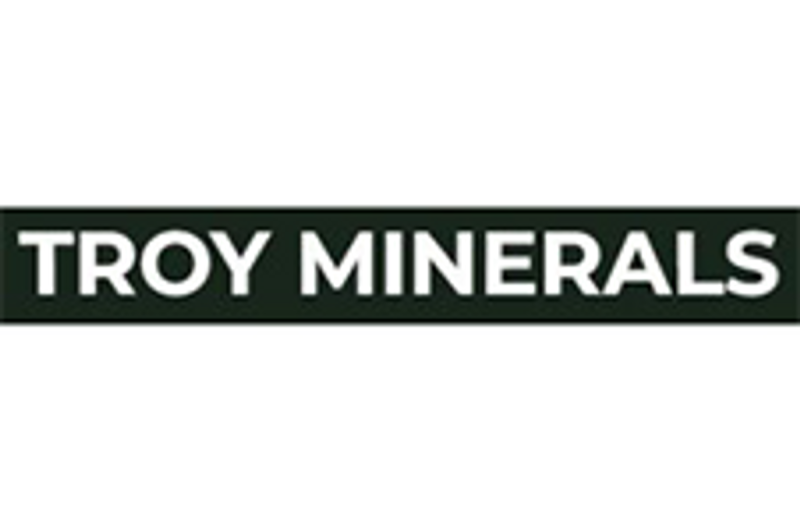Troy Minerals Completes LiDAR Survey at Table Mountain Silica Project, British Columbia
Troy Minerals, a leading exploration company, recently announced that they have completed a successful LiDAR survey at their Table Mountain Silica Project located in British Columbia. LiDAR, which stands for Light Detection and Ranging, is a groundbreaking technology that uses laser scanning to create highly detailed and accurate topographic maps of the Earth’s surface. This innovative surveying method offers numerous advantages over traditional mapping techniques, providing valuable insights for mining and exploration operations.
The Table Mountain Silica Project is an essential asset for Troy Minerals, as silica is a crucial industrial mineral widely used in various industries such as construction, glass manufacturing, and electronics. The completion of the LiDAR survey marks a significant milestone for the company, as it signifies their commitment to utilizing advanced technologies to enhance their exploration efforts and improve project outcomes.
One of the key benefits of conducting a LiDAR survey is the high level of precision and accuracy it offers. By collecting precise elevation data and generating detailed 3D models of the terrain, Troy Minerals can gain a deeper understanding of the geological features and structural complexities of the Table Mountain Silica Project area. This detailed information is invaluable for identifying potential mineral deposits, optimizing drilling targets, and planning future exploration activities.
Additionally, LiDAR technology allows Troy Minerals to streamline their exploration process and reduce costs by eliminating the need for traditional surveying methods that can be time-consuming and labor-intensive. The rapid data collection and processing capabilities of LiDAR enable the company to make informed decisions quickly and efficiently, ultimately accelerating the progress of their exploration activities at the Table Mountain Silica Project.
Moreover, the use of LiDAR helps Troy Minerals minimize environmental impacts by conducting non-invasive surveys that require minimal ground disturbance. This aligns with the company’s commitment to sustainable and responsible mining practices, ensuring that their exploration activities minimize harm to the surrounding ecosystems and communities.
In conclusion, the completion of the LiDAR survey at the Table Mountain Silica Project represents a significant step forward for Troy Minerals in their pursuit of unlocking the potential of this valuable mineral resource. By harnessing the power of advanced technologies like LiDAR, the company is poised to achieve greater efficiency, accuracy, and success in their exploration endeavors. Moving forward, Troy Minerals is well-positioned to leverage the insights gained from the LiDAR survey to drive informed decision-making and drive the future development of the Table Mountain Silica Project.
